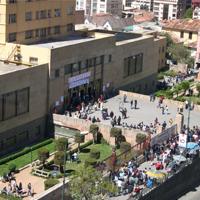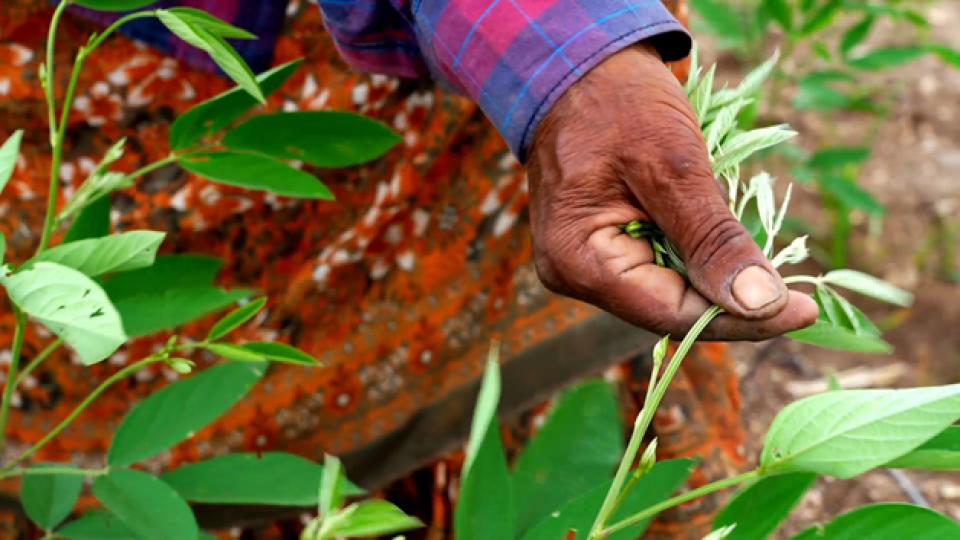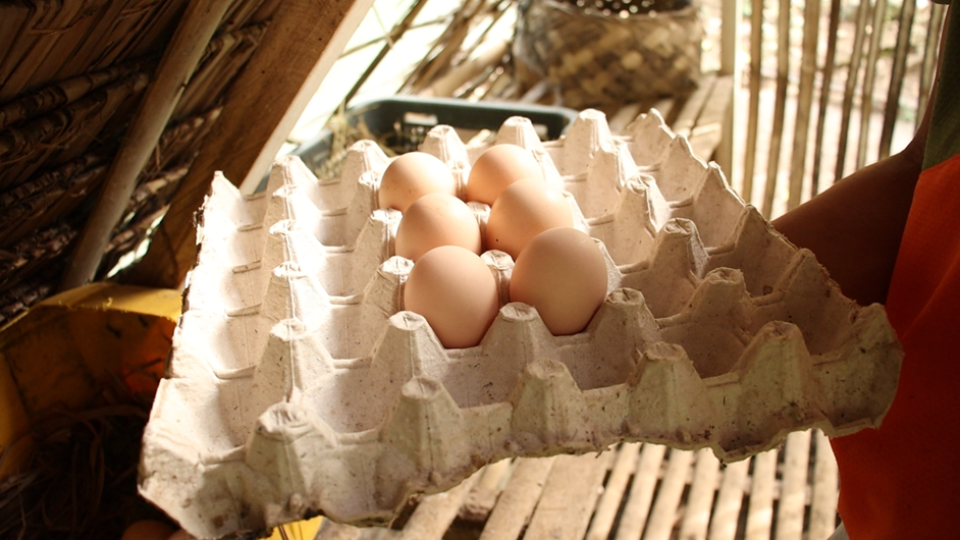
Youth around the world are leaving agriculture, but many would stay on the farm if they had appropriate technologies and better social services, as Professor Alejandro Bonifacio explained to me recently.
Dr. Bonifacio is from the rural Altiplano, the high plains of Bolivia. At 4,000 meters above sea level, it has some of the highest farmland in the world. Bonifacio has a PhD in plant breeding, and besides directing an agricultural research station in Viacha on the Altiplano, he teaches plant breeding part-time at the public university in La Paz (Universidad Mayor de San Andrés).
The university attracts many rural youths. Every year Bonifacio asks his new class of students to introduce themselves one-by-one and to tell where they come from, and to talk about their parents and their grandparents.
This year about 20% of the students in Bonifacio’s class are still living on the farm, and taking their classes online. Another 50% are the children or grandchildren of farmers, but are now living in the city. Many of these agronomy students would be more interested in taking over their parents’ farm, if not for a couple of problems.
One limitation is the lack of services in the rural areas: poor schools, bad roads, the lack of clinics, and no electricity or running water. While this is slowly improving, Covid has added a new twist, locking young people out of many of the places they liked to go to, and not just bars and restaurants.
One advantage of city life is having access to medical attention, but this past year the students said it was as though the cities had no hospitals, because they were full of Covid patients.
Classes were all on-line, and so the countryside began to look like a nicer place to live than the city. Many students went home to their rural communities, where there was much more freedom of movement than in the city.
Dr. Bonifacio told me that even when the youth do go home, they don’t want to farm exactly like their parents did. The youngsters don’t go in for all the backbreaking work with picks and shovels, but there is a lack of appropriate technology oriented towards young, family farmers, such as small, affordable machinery.
Young farmers are also interested in exploiting emerging markets for differentiated produce, such as food that is free of pesticides. Organic agriculture also helps to save on production costs, as long as farmers have practical alternatives to agrochemicals.
Fortunately, there are videos on appropriate technologies, and Professor Bonifacio shows them in class. Today’s youth have grown up with videos, and find them convincing. Every year, Bonifacio organizes a forum for about 50 students on plant breeding and crop disease. He assigns the students three videos to watch, to discuss later in the forum. One of his favorites is Growing lupin without disease, which shows some organic methods for keeping the crop healthy.
Bonifacio encourages the students to watch the video in Spanish, and Quechua or Aymara. Many of the students speak Quechua or Aymara, or both, besides Spanish. Some feel that they are forgetting their native language. “The videos help the students to learn technical terms, like the names of plant diseases, in their native languages,” Bonifacio says.
During the Covid lockdown, Prof. Bonifacio moved his forum online and sent the students links to the videos. In the forum, some of the students said that while they were home they could identify the symptoms of lupine disease, thanks to the video.
Bonifacio logs onto Access Agriculture from time to time to see which new videos have been posted in Spanish, to select some to show to his students, so they can get some of the information they need to become the farmers of tomorrow.
Kids who grow up on small farms often go to university as a bridge to getting a decent job in the city. But others study agriculture, and would return to farming, if they had appropriate technology for family farming, and services like electricity and high-speed internet.
Related Access Agriculture videos
Check out these youth-friendly videos with appropriate technology. Besides videos in English, www.accessagriculture.org has:


